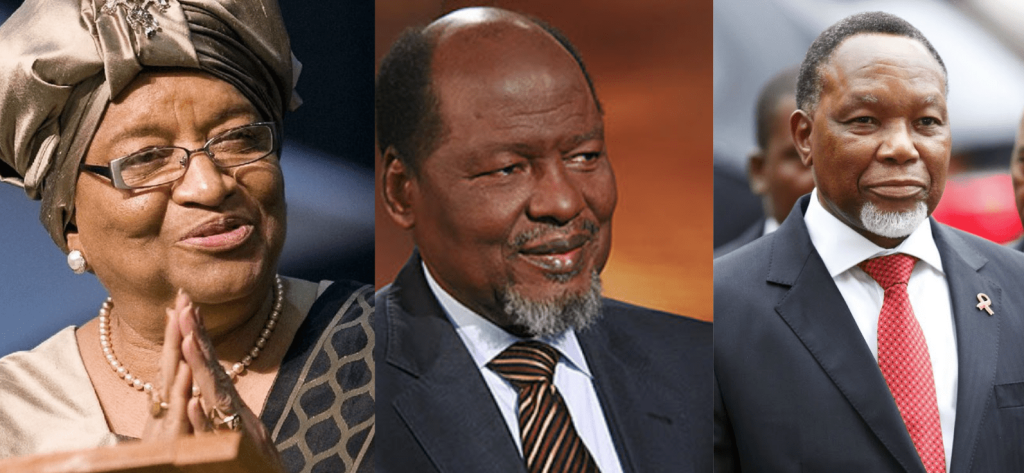News and Press Release Source
Posted 4 Dec 2020 Originally published 4 Dec 2020
FOR IMMEDIATE RELASE: 03/12/20
(KHARTOUM): Unaccompanied children who have crossed the border into Sudan from Ethiopia are in urgent need of humanitarian assistance after becoming separated from their families, Plan International has warned.
Of the 43,000 refugees who have now arrived in Sudan fleeing fighting in the northern region of Tigray in Ethiopia, 45% are estimated to be under the age of 18, according to UNHCR.
Among them are potentially hundreds of unaccompanied children and adolescents who are now living in overcrowded camps near the border with limited shelter, clean water, food and washing facilities, placing girls in particular at risk of gender-based violence.
Tamarat, 14, fled his home city after a bomb fell near his house and is now one of more than 26,000 people living at Hamadayet reception centre.
He recalls how the sound was so loud that everyone in his neighbourhood was forced to flee, only realizing later he had become separated from his family.
After frantically calling out their names and waiting for them to join him, he made the journey to Sudan with a group of neighbours after they persuaded him it was too unsafe for him to return back and remain on his own.
“I don’t know where my family is, I neither can sleep nor eat well,” he explains.
“Although I am physically here, my mind and my heart is with my mother, father and my nine-year-old sister, wherever they are now. My only wish is to see them again and to get back together to our home.”
Despite the desperate conditions, many refugees are unwilling to leave transit camps such as Hamadayet until they have made contact with missing family members.
Salam, 19, has been searching for her parents every day since she made the crossing more than a week ago on November 21.
“I fled my home once I heard the bombing. I left my father and mother and I ran. I thought I might find them somewhere here,” she explains.
“Here in the reception center, adolescent girls and women have no private space. I did not take any bath since I arrived. People go to the river to wash their clothes, fetch water and bathe, but we girls don’t feel safe to do so in an open area.
“I need to reunite with my family. They are transporting us to Um-Rakoba camp and I know my family is not there.”
Plan International Sudan has been working to identify and register unaccompanied asylum -seeking children as they arrive at Hamadayet, and to follow up and monitor their cases.
The child rights and humanitarian organisation has also set up a “safe corner” providing children with art materials and a space to play, along with psychosocial support services.
Emergency response teams have also delivered 2,000 dignity kits provided by UNFPA to adolescent girls, as well as 10 water tanks, a new water pump, diapers and plastic wash basins.
Anika Krstic, Country Director for Plan International Sudan, said: “We are very concerned that large numbers of children, after going through the trauma of having to flee their homes, are arriving in Sudan having become separated from their families.
“We know this leaves girls in particular vulnerable to exploitation and abuse. It is absolutely critical that unaccompanied children and adolescents are identified and registered and that they receive specialist support, including psychosocial support and help searching for their loved ones.”
NOTES TO EDITORS
For more information, interviews or pictures please contact:
In London:
Anna MacSwan
Global Press Officer, Plan International
Email: This email address is being protected from spambots. You need JavaScript enabled to view it.
Tel: +44 0790 822 5389
In Nairobi:
Ann Njuguna
Tel: +254 (020) 2761000, +254 729 859322 / 795 750478
Email: This email address is being protected from spambots. You need JavaScript enabled to view it.
In Khartoum:
Naila Abushora
Tel: +249123502453
Email: This email address is being protected from spambots. You need JavaScript enabled to view it.
About Plan International
Plan International is an independent development and humanitarian organisation that advances children’s rights and equality for girls.
We believe in the power and potential of every child. But this is often suppressed by poverty, violence, exclusion and discrimination. And it’s girls who are most affected. Working together with children, young people, our supporters and partners, we strive for a just world, tackling the root causes of the challenges facing girls and all vulnerable children.
We support children’s rights from birth until they reach adulthood. And we enable children to prepare for – and respond to – crises and adversity. We drive changes in practice and policy at local, national and global levels using our reach, experience and knowledge.
We have been building powerful partnerships for children for over 80 years and are now active in more than 75 countries.
 Eritrean refugees are pouring out of the UN camps in which they have been living, to escape being engulfed in the fighting in Tigray.
Eritrean refugees are pouring out of the UN camps in which they have been living, to escape being engulfed in the fighting in Tigray.






 h
h




 Download document(PDF | 4.24 MB)
Download document(PDF | 4.24 MB)
















